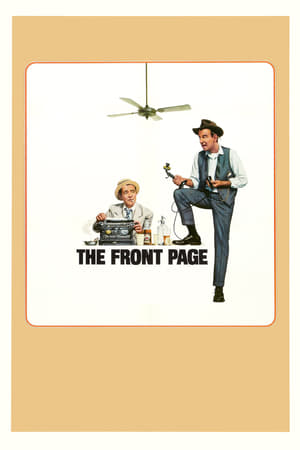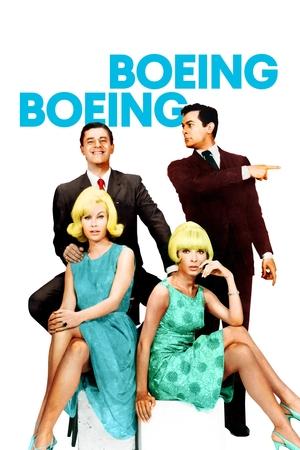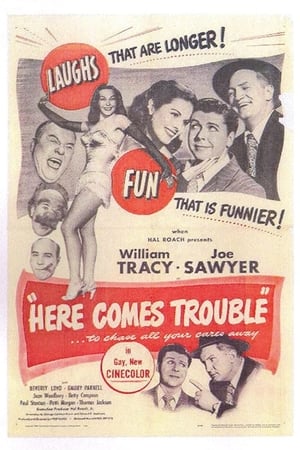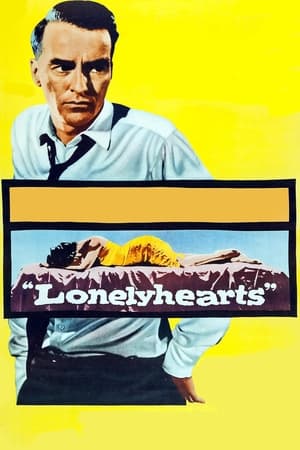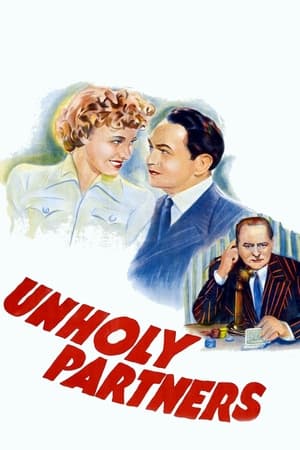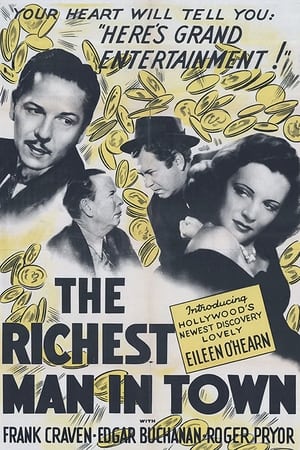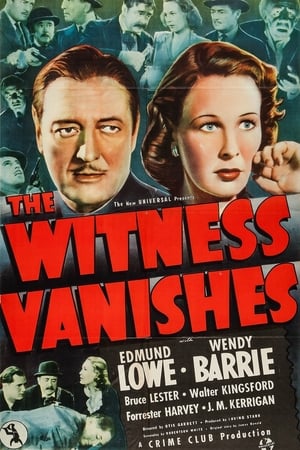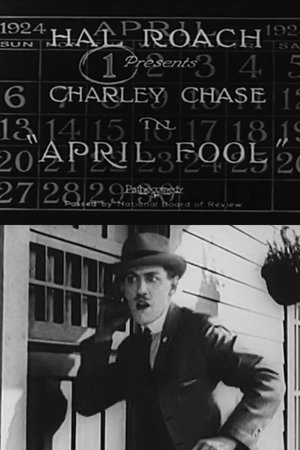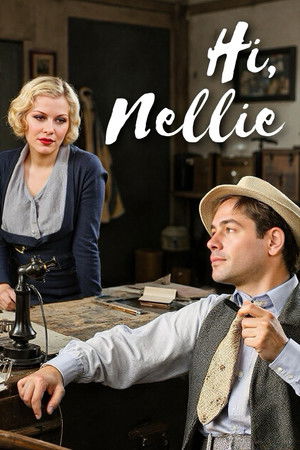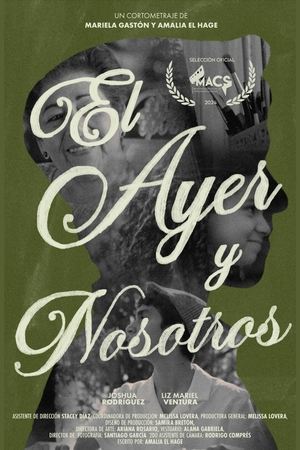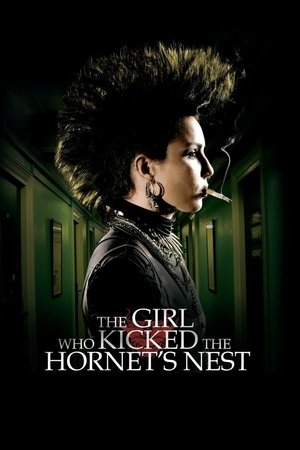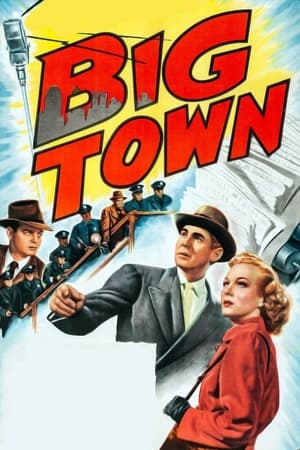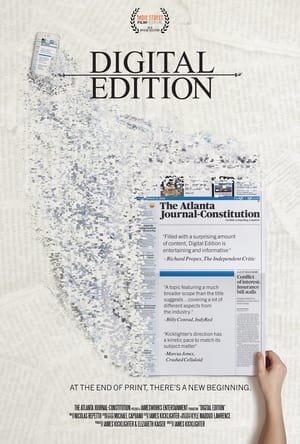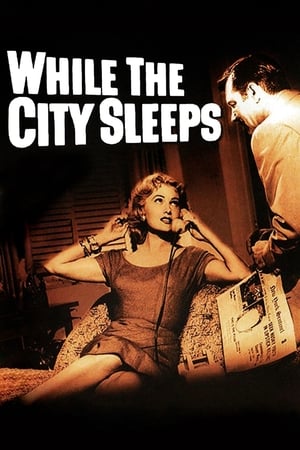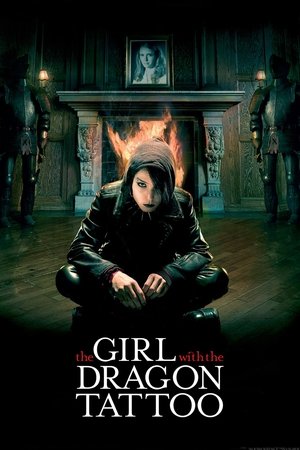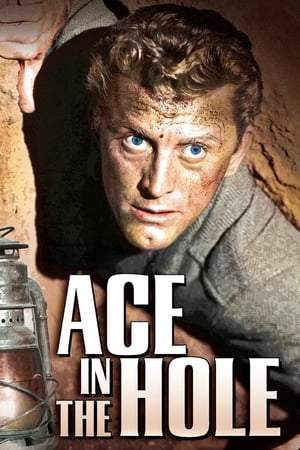Overview
Oliver Pease gets a dose of courage from his wife Martha and tricks the editor of the paper (where he writes lost pet notices) into assigning him the day's roving question. Martha suggests, "Has a little child ever changed your life?" Oliver gets answers from two slow-talking musicians, an actress whose roles usually feature a sarong, and an itinerant cardsharp. In each case the "little child" is hardly innocent: in the first, a local auto mechanic's "baby" turns out to be fully developed as a woman and a musician; in the second, a spoiled child star learns kindness; in the third, the family of a lost brat doesn't want him returned. And Oliver, what becomes of him?
Reviews
Burgess Meredith is quite good as the henpecked "Oliver Pease". He makes a career out of writing the lost pet notices for his local newspaper. One day, he manages to get the editor to let him do something more substantial and so he must ask three different people whether or not a child has ever changed their life. His first contributors are musicians "Slim" & "Lank" (James Stewart and Henry Fonda); then he asks "Gloria Manners" (Dorothy Lamour) and finally Fred MacMurray ("Al") and his pal "Floyd" (William Demerest). It seems that each of them have either made or lost their way as a result of experiences with children and we learn how each scenario plays out. Stewart/Fonda are on good form with some excellently synchronised musical fraud (and one gets a wetting); Eilene Jackson is Temple-esque as the rather odious "Peggy" and I personally would have shot the final brat of the three - "Zoot" (Carl Switzer) whose voice drove me mad right from the outset. It's not a great film this, the anthology nature doesn't always work and "Mrs. Pease" (Paulette Goddard) could have featured just a bit more - but it's as much a right of passage for the journalist as it is for any of the sprogs, and at times it is entertaining. It's probably most notable for the scene shot with Charles Laughton ending up on the cutting room floor! It was deemed too gritty for this otherwise fluffy affair.

 107 min
107 min
 5.563
5.563
 1948
1948
 USA
USA
 CinemaSerf wrote:
CinemaSerf wrote: